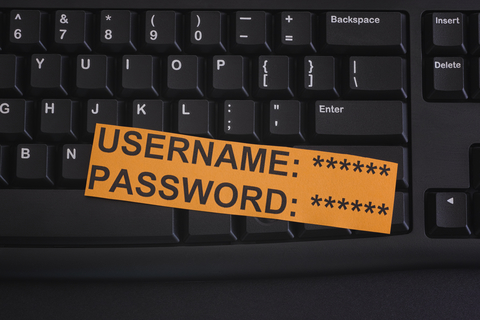The world of technology is continuing to evolve and improve each year with strong defenses being built to safeguard users from cyberthreats. Unfortunately, cybercriminals are also evolving and improving their methods and tools; essentially always trying to stay one step ahead.
So we bring you a few tech resolutions that are common best practices for any business or organization. Following these simple guidelines will put your business at an advantage over the cybercriminals and keep your data safe from prying eyes. Of course this is general and only cracks the surface. If you would like a comprehensive analysis of your business’ security and tips on improvement, please call Miken.
Update Security Often
Keeping antivirus software and patches updated is extremely critical in keeping your network healthy and virus-free. Your antivirus updates are constantly improving on themselves and working to patch up any vulnerability the cyber criminals have exposed.
Out-dated software leaves little protection against newer, more sophisticated viruses so be sure to check if your antivirus is running and updating everyday if it’s not automatically. If regular internet access isn’t available, be sure to update your computer and antivirus software at least once a week. It’s also good practice to keep your web browser up-to-date as well.
Schedule Regular Backups
It’s always a good idea to have working backups of all your business data, records, and important files. Without a working backup, you could lose everything in the event of a disaster such as a fire, flood, or ransomware.
The idea behind ransomware is a pretty simple one: malicious software is loaded onto the user’s PC via compromised web sites, click on disguised emails and links, and downloads. The ransomware then holds the user’s PC for ransom by encrypting all of the user’s data until a payment is paid to the cybercriminals. Unless you have a recent backup, there isn’t much you can do to get the data back – pay the ransom or lose all your data.
Passwords
Using strong, multiple passwords is one of the most important steps in securing your identity online. Switch out passwords regularly and avoid pet names, children’s names, anniversaries, spouses, birthdays, etc. All of this information can be found by the attackers via your social media if your privacy settings aren’t strong. Use a password that is a combination of upper and lower case letters, numbers, and special characters. Make it only unique to you.
Stay up-to-date on Privacy Settings
Social Networking has become ubiquitous in our daily lives, both personally and professionally, which has become a gold mine for attackers looking for personal information. We’ve seen numerous threats that start and spread within social networks like Facebook, Twitter, and LinkedIn.
Our best advice is to put your social networking sites on lockdown from anyone who isn’t on any of your friends lists. Exposing any information about yourself or the organization you work for already gives the cybercriminals a head start.
Questions or comments? Contact us Today!








